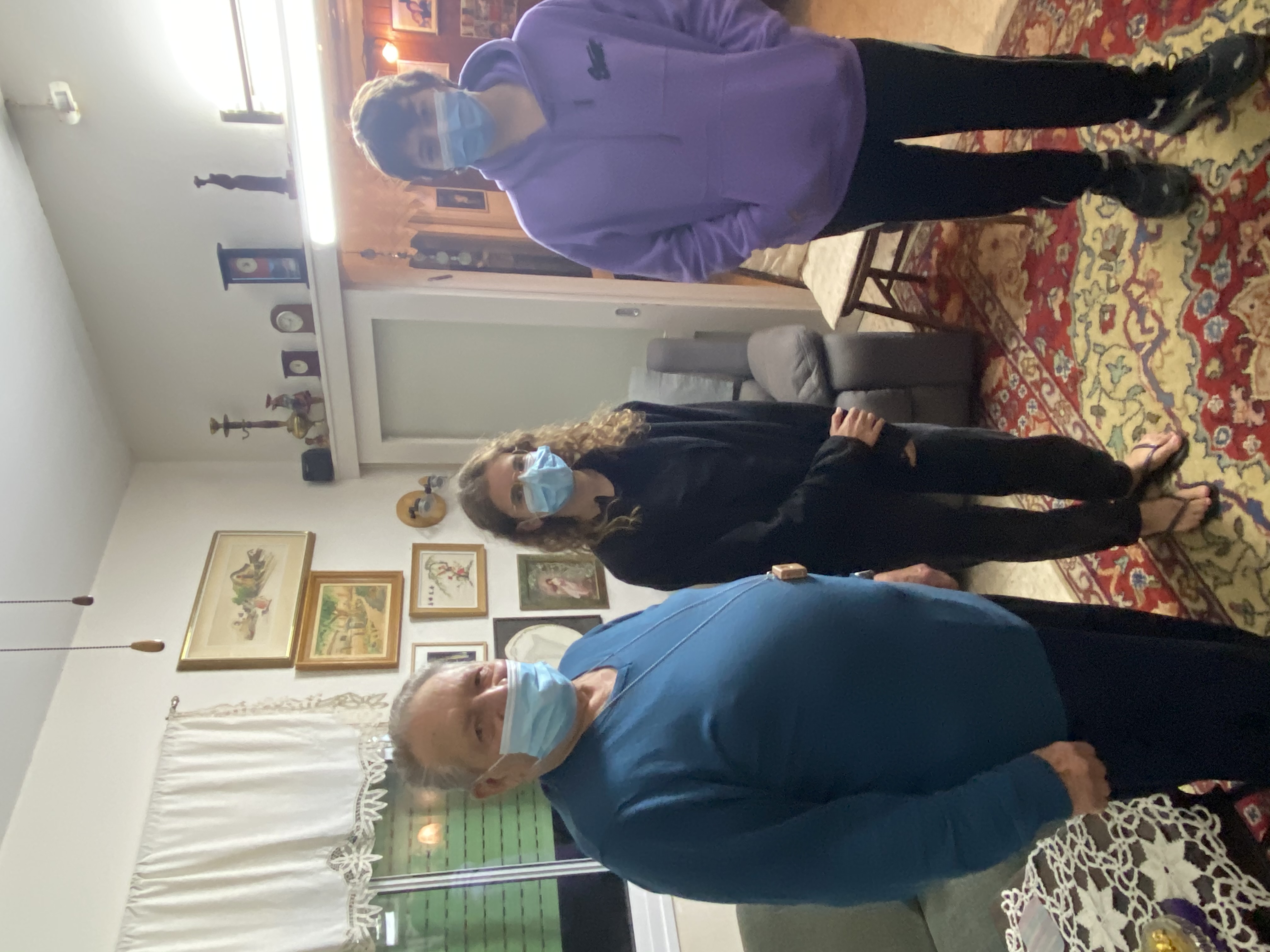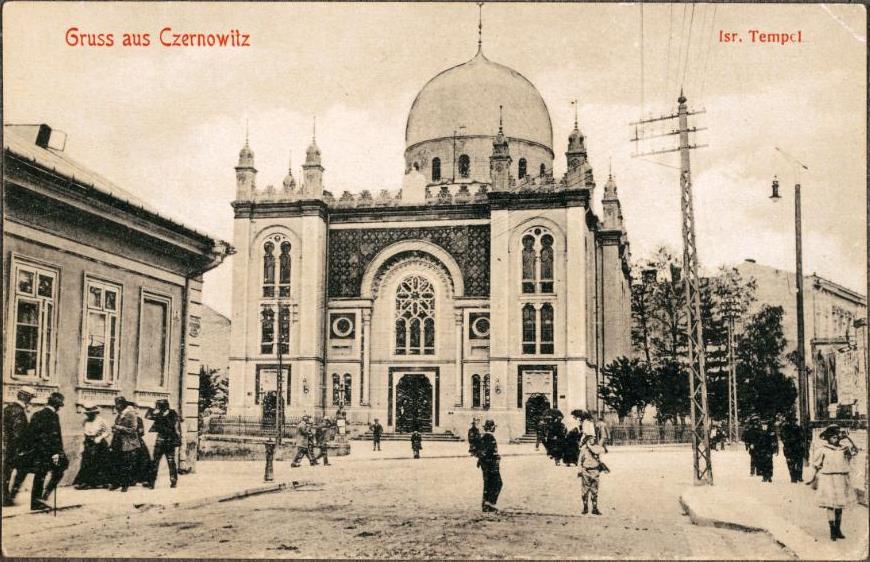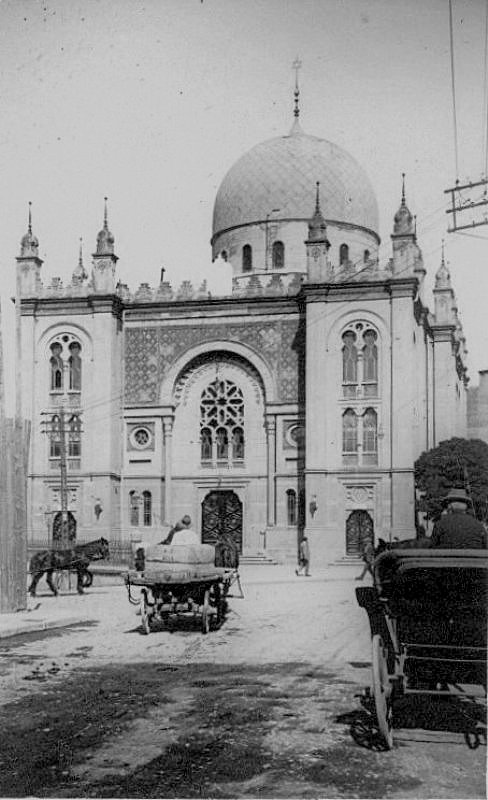Asher Engel was born to Munio and Gusta -their only child- in 1938, in the city of Chernivtsi (Czernowitz), then part of Romania.
Asher was only a year-old baby when the war broke out and he remembers almost nothing from his earliest childhood. His memories of the war start from when he was three years old. What he knows about his family's life before the war and events that led to the war is what he heard from his parents.
Asher tells us that his family was a wealthy and very well-known family in the city, a family that always helped support the Jewish community there. They had a beautiful life, he says, but everything started to change for the family when the Nazis took over. The Nazis seized all of his family's property and possessions and deported him and his parents by train to the Mogilev transit camp where they remained until the end of the war.
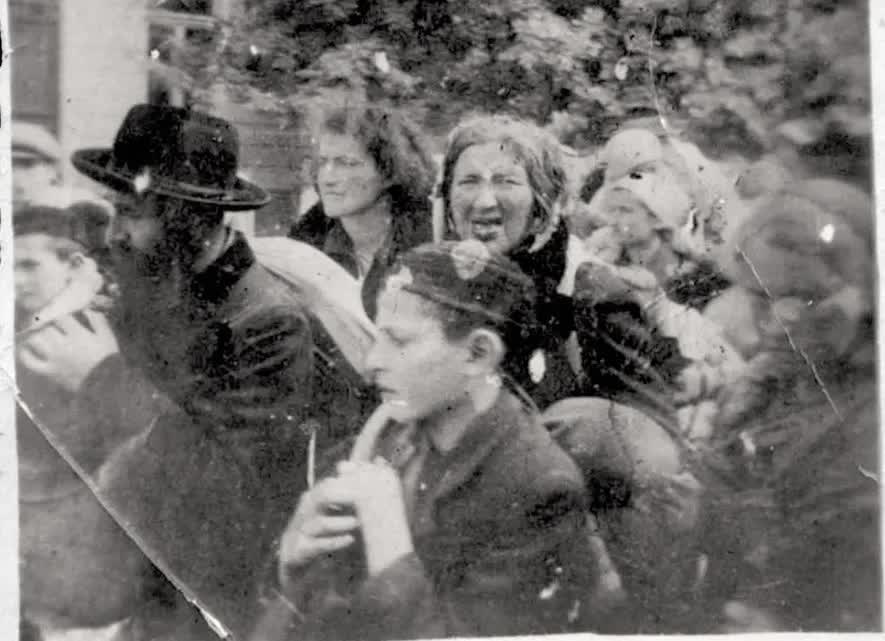
Even though Asher was only three years old, he clearly remembers the appalling smell in the train car in which they were deported. Many people were contained together in a small space and there was a stench of feces and sweat and a feeling of literal suffocation. The hardest thing was that the trip took several days. That memory accompanied Asher even long after the end of the war.
"For many years", he says, "I would feel terrible in the company of other people. Everywhere I went, I felt that I wasn't clean and I thought people would feel uncomfortable in my presence. I would start to smell myself and behave strangely. It took me a lot of time and only with the help of psychological treatment was I able to overcome that."
He continues: "Finally the train stopped, not at the camp but rather a few miles short of it. Only later did we realize that the Nazis just enjoyed abusing us. The heavy snows had thawed after the winter and created an area of deep swamps. We all had to walk a long distance to the camp with all our belongings. The goal of the Nazis was for everyone to abandon things during the march so that they -the Nazis- could collect all those items. Of course, whoever stopped and did not go on was shot to death. There were a number of people who simply drowned in the mud. I was a little older than three and had no reasonable chance of surviving. The only reason I survived was that there were good people who carried me, despite how difficult it was to walk, passing me from one to another until we arrived."
The Mogilev transit camp was notorious for the horrific sanitary conditions and abuses which the detainees experienced. Most often, prisoners were left there without food or supplies and forced to survive however they could and that usually ended in their deaths.
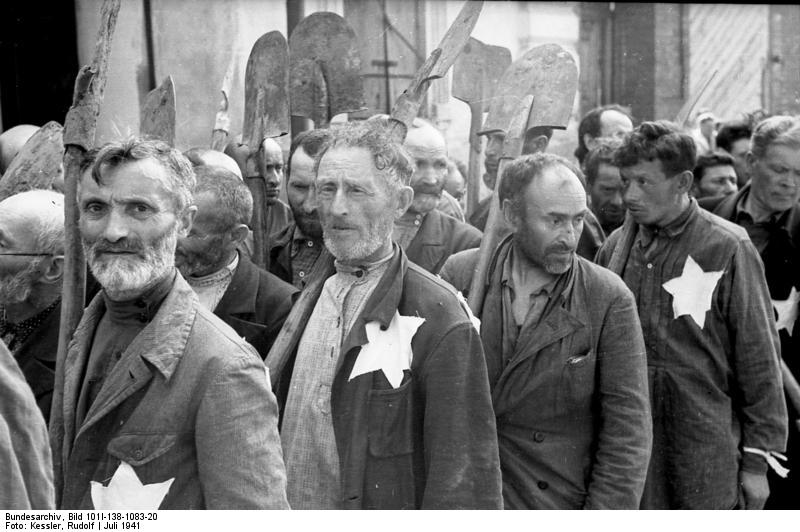
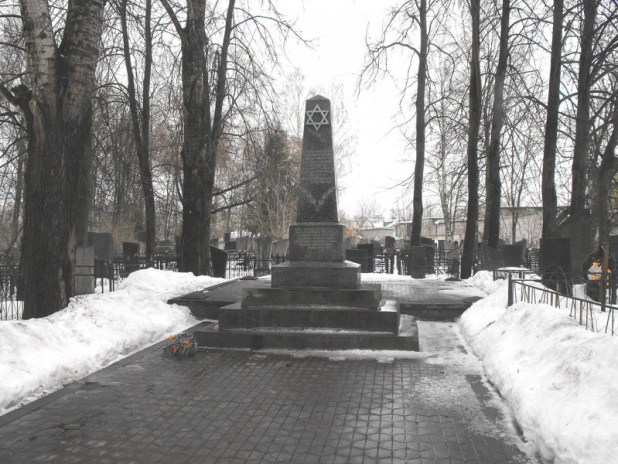
The Engel family's chances of survival were poor but when they arrived at the camp they were surprised by the response of the people there. The benevolence that the family had shown the Jewish community before the war was now offered to them. While still living in Chernivtsi, Gusta had been known as a generous philanthropist who loved to help all who reached out and her good deeds had not been forgotten. The Jews already in the camp heard that she and her family had arrived and made sure that the family received a private home together with the family's grandparents. "The fact that we had one house for all of us", says Asher, "really helped us to endure the situation. It was amazing to see that when one does good, people don't forget."
Asher says that at the back of the house, his parents created a kind of tunnel that connected to a hiding place and from that tunnel he could get away from the house or hide when the Nazi soldiers searched for Jewish children. "Children who were found were taken and we never saw them again. I understood the situation very well, and I would often find myself hiding in that place."
"Getting food in the camp was terribly difficult. They just did not give us any food but on the other hand, it was extremely dangerous to try to go out and get food. The Nazi guards waited, watching for Jews who were sneaking out and looking for food, in order to shoot them. I was small and short so I could go out almost without being noticed. Actually, I wasn't really scared. I would go out and steal from the fields beyond the ghetto, mainly potatoes and beets grown as animal fodder."
Asher was first exposed to death when a typhus epidemic broke out in the camp. His grandparents became ill and his mother had no choice but to remove them from the house in order not to infect the rest of the family. Shortly afterwards, the grandparents died of the disease and were thrown into a ditch along with the other ghetto victims. "It was a shocking sight. It's impossible for me to forget", says Asher. When Munio fell ill, Asher was very fearful that his father's fate would be that of his grandparents but his mother miraculously found a doctor who treated Munio and managed to cure him, though he was left with other health problems that made it difficult for him to function.
One of the strange and inexplicable experiences that Asher had during this time was that when he was about four-and-a-half-years-old, a dog suddenly and miraculously came to them. Asher didn't know who the owner was or where the animal came from but the dog stayed with them for a time. Asher became fond of the dog and called him "Schlumpi". Schlumpi became his best friend. Asher used to talk and play with him and Schlumpi would bring food to the family, collecting scraps from the dining room of the Nazi officers and passing them on to Asher and his parents.
"It was like a miracle for us. A couple of times, I even got to eat meat as a result. This dog was so special, when he heard the Nazi soldiers coming he would start barking and so give me time to hide in the ditch behind the house. Unfortunately, one time the dog barked very loudly and one of the soldiers shot and killed him. It was a traumatic event for me. It's hard for me to say, but that event was even harder for me than the death of my grandparents."
In the winter of 1944, the Soviet army began advancing towards Germany and on its way it liberated the Mogilev camp. After a long journey, the Engels returned to their home in Chernivtsi. They lived there until 1960 when Asher immigrated to Eretz Israel. He enlisted in the IDF and served in the army as a paratrooper and shortly afterwards was privileged to start a family in Moshav Shavei Zion, where he lives to this day.
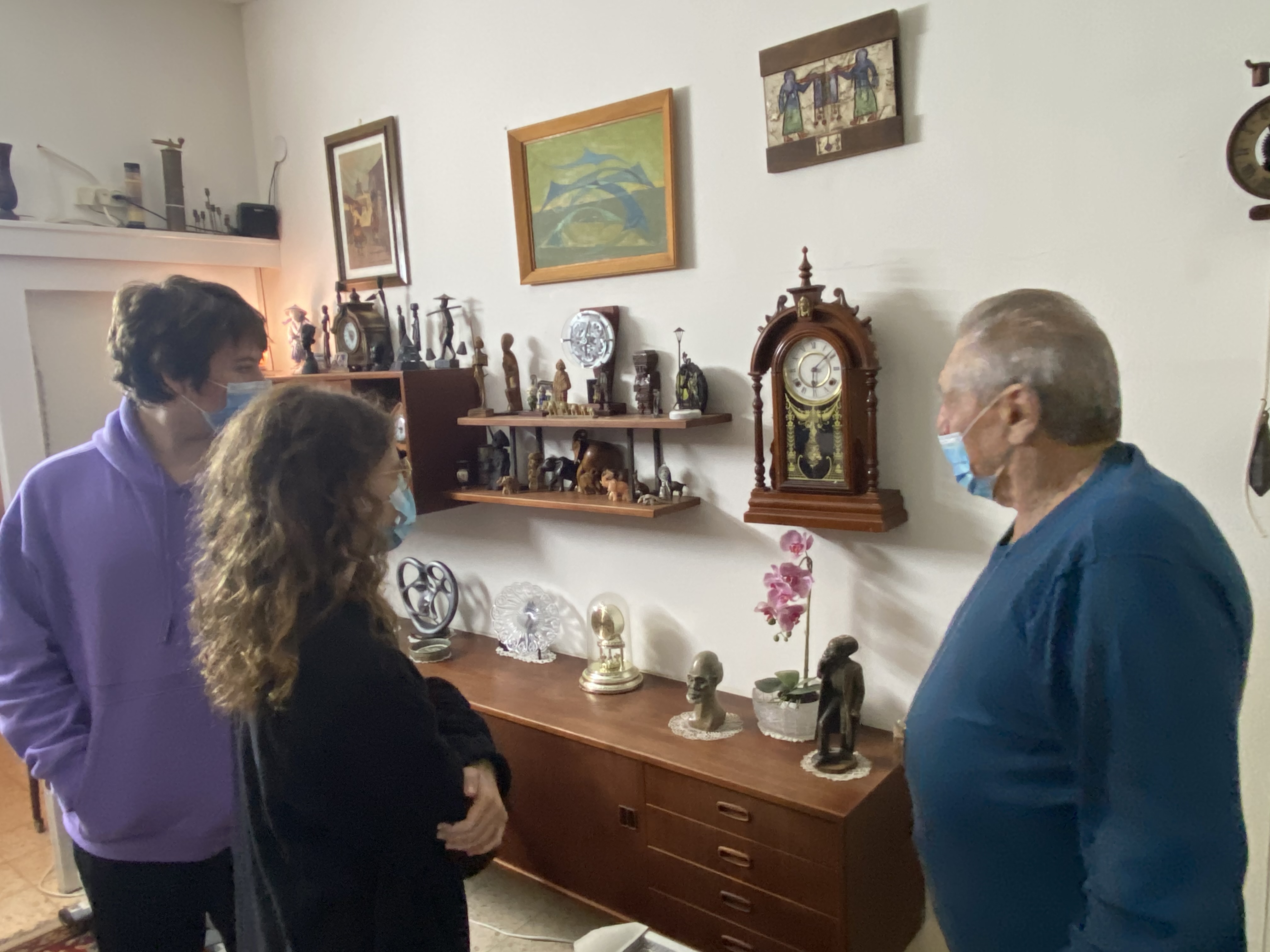
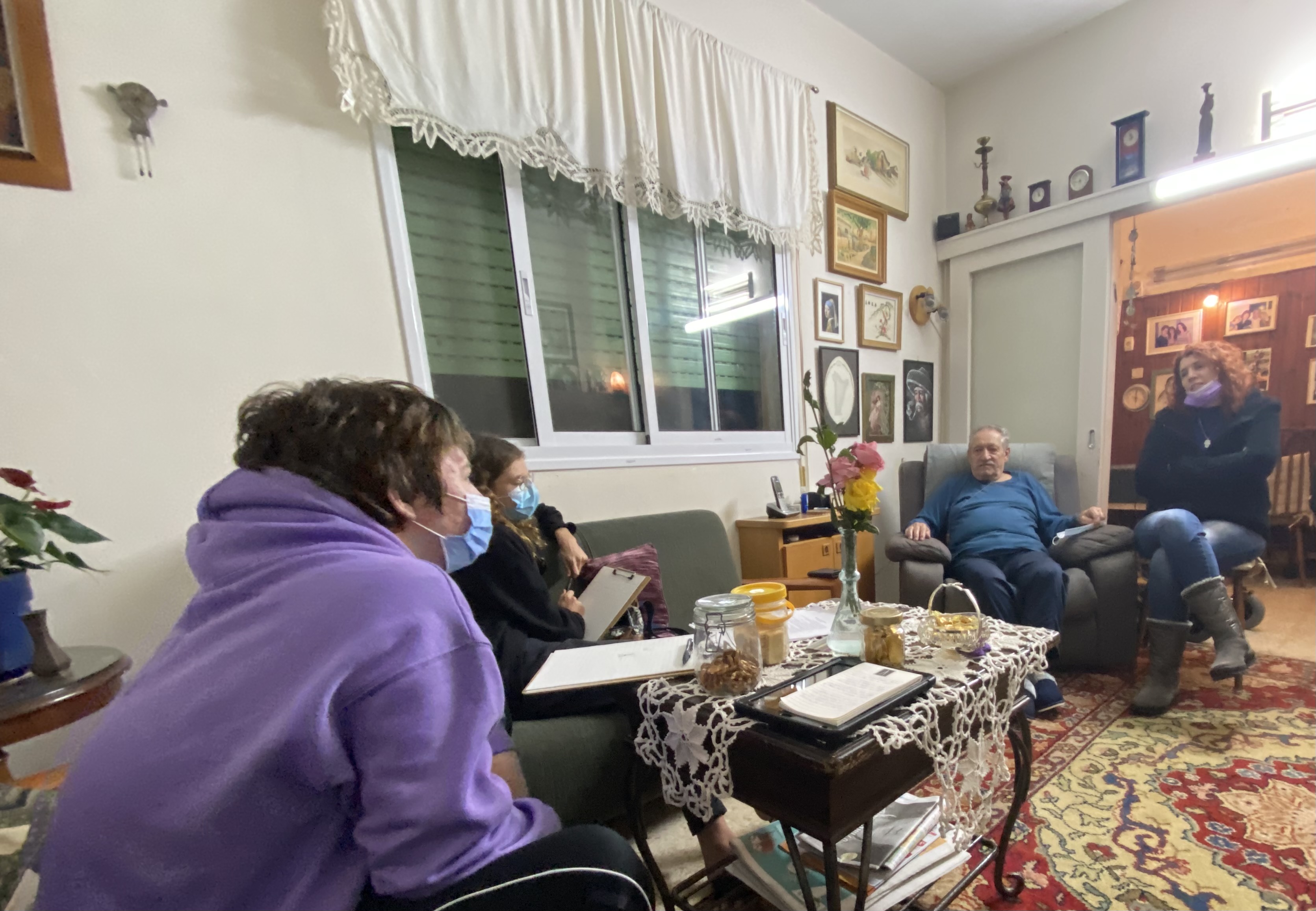
In conclusion, it's important for Asher to close with a message. He says: "There is nothing like Israel in the world, our homeland! It's essential that we preserve it and take care to develop it, not only by means of construction and economic growth but in love for one another and concern for others. This is the only place we can call home!"
